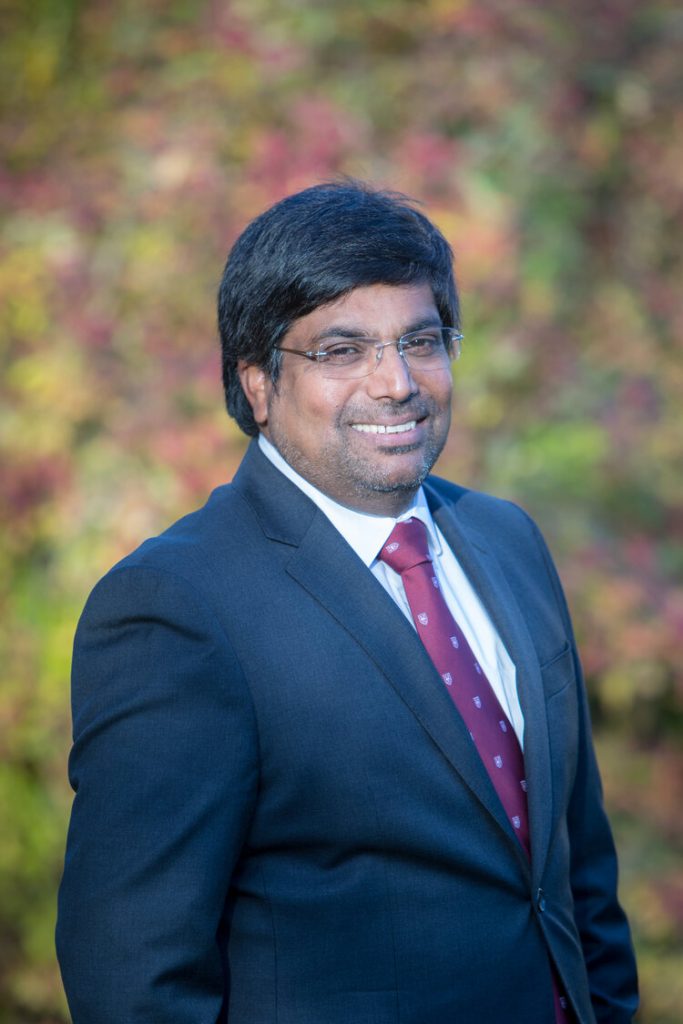By Professor Nishan Canagarajah, President and Vice-Chancellor of the University of Leicester
The University of Leicester was founded on a spirit of hope to bring people together and to use the power of education to change lives for the better. Our founding mission drives us to work for the benefit of the local and global community.

That spirit of hope has defined immigration to Leicester throughout the ages, transforming it in the process. In the year that we marked the 50th anniversary of the Ugandan Asians arrival in Leicester, that message of hope has shone through.
The story of the Ugandan Asians is a powerful testimony of hope triumphing over racial division. The expulsion of a community by dictator Idi Amin caused immense hardship and untold pain – yet it was to have a transformative impact on Leicester.
The presence and success of Ugandan Asians in Leicester, together with the impact of other communities, has transformed Leicester’s self-understanding as a city – from resistance to newcomers up to the 1970s, to the current ‘one Leicester’ ethos, which embraces diversity.
And it is true of the University, which was an early pioneer of inclusion – attracting overseas lecturers and students in what was formerly a predominantly white mono-cultural society.
Immigration has played a huge part in enriching the city and the University, and generations have studied at Leicester. Members of the Ugandan Asian community have also supported the University’s fundraising and sat on the University’s governing body.
The story of the Ugandan Asians has been told in a powerful ways though media, art and a wonderful exhibition in the city. It is a story that bears repeating because it provides a salutary lesson about the power of the human spirt to overcome adversity, and demonstrates the importance of inclusion and equality in altering destinies.
As an immigrant myself, who never returned to my country of origin that was then torn by civil war, the story of the Ugandan Asians strikes a chord. Even though their plight was a continent away from me, it shows how universal the human experience of displacement can be and how real is the struggle for a sense of identity and a place to call home.
That is why I am so proud of Leicester and why – like so many others from around the world – we have found a place to call home. Led by academic colleagues, the University marked the anniversary of the Ugandan Asians with a series of public events at the University, in local community venues, and at the Leicester Museum, providing a milestone in engagement between us and the diverse communities of the city.
We were proud to welcome the City Mayor who is a great champion and advocate for the city, and to engage with diverse communities. It aligns with the University’s vision to reflect Leicester’s multicultural make-up, and its reputation as a longstanding supporter of migrants and refugees settling into the city. Our research focuses on migration, citizenship, social movements, and engagement. It provides greater knowledge, understanding and insights into the complexities of immigration, settlement and integration.
Ugandan Asians epitomise the values of the University in creating Citizens of Change – they were migrants who came to Leicester and changed it for the better.



